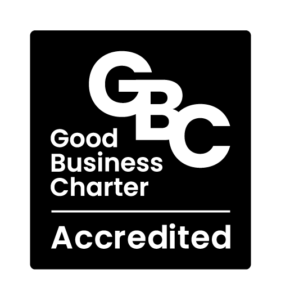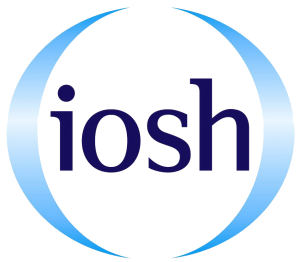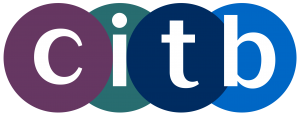
In today’s competitive landscape, businesses are constantly seeking an edge. Focus often falls on innovation, quality, or customer service, one of the most powerful differentiators is a commitment to ethical hiring.
Ethical hiring is more than just following the law. It’s a deliberate practice of fairness, transparency, and respect for every candidate throughout the entire recruitment process. It’s about building a hiring system that is free from bias and focused on merit. The benefits of this approach extend far beyond a clean conscience. We work with Maximus to find alternative ways for candidates to show what they’ve got — including work trials in place of traditional interviews.
Here’s why it’s so important for a business to hire ethically:
1. It Builds a Stronger, More Positive Company Culture
The hiring process is the first interaction a potential employee has with your company. When that experience is transparent, respectful, and fair, it sends a clear message about your company’s values. By prioritizing ethical hiring, you attract people who share those values and want to be part of a respectful and inclusive workplace. This lays the foundation for a company culture built on trust and integrity. Employees who feel that their organization operates ethically are more engaged, loyal, and productive.
2. It Enhances Your Employer Brand and Reputation
In the age of social media and online review sites, a company’s reputation is built on the experiences of its employees and candidates. Unethical hiring practices, such as “ghost jobs” (posting roles that don’t exist), bait-and-switch offers, or a lack of communication, can quickly lead to negative reviews and a damaged reputation. A reputation for ethical hiring attracts top talent. The best candidates want to work for a company that treats people well. They will actively seek out businesses with a reputation for fairness and respect.
3. It Attracts a More Diverse and Innovative Workforce
Ethical hiring practices are inherently designed to eliminate bias. By using structured interviews, anonymous resume screening, and diverse interview panels, you create a level playing field where candidates are judged on their skills and qualifications, not on their background, gender, age, or ethnicity. This leads to a more diverse workforce, which is a proven driver of innovation and creativity. Diverse teams bring a wider range of perspectives to the table, leading to better problem-solving and decision-making.
4. It Improves Candidate Experience and Retention
A positive candidate experience, even for those who aren’t hired, can turn an applicant into a brand advocate. Providing timely feedback, respecting a candidate’s time, and being transparent about the process shows that you value them as a person. This creates a positive impression that they might share with their network, potentially leading to future referrals. For those who are hired, a fair and honest hiring process sets realistic expectations, reducing the likelihood of a new hire being disappointed and leaving early. This, in turn, boosts retention rates and saves the company the significant costs of re-hiring and training.
5. It Reduces Legal and Financial Risks
Discrimination and bias in hiring can lead to costly lawsuits and significant financial penalties. Ethical hiring practices ensure that your company is compliant with all employment laws and regulations. By creating a standardized, objective, and well-documented process, you protect your business from legal risks and demonstrate your commitment to a fair and equitable workplace.
In the end, ethical hiring is not just a moral obligation; it’s a smart business strategy. It builds a foundation of trust, strengthens your brand, attracts the best talent, and fosters a thriving and innovative workplace. In a world where transparency and integrity are highly valued, a commitment to ethical hiring is a powerful competitive advantage that pays dividends for years to come.
















